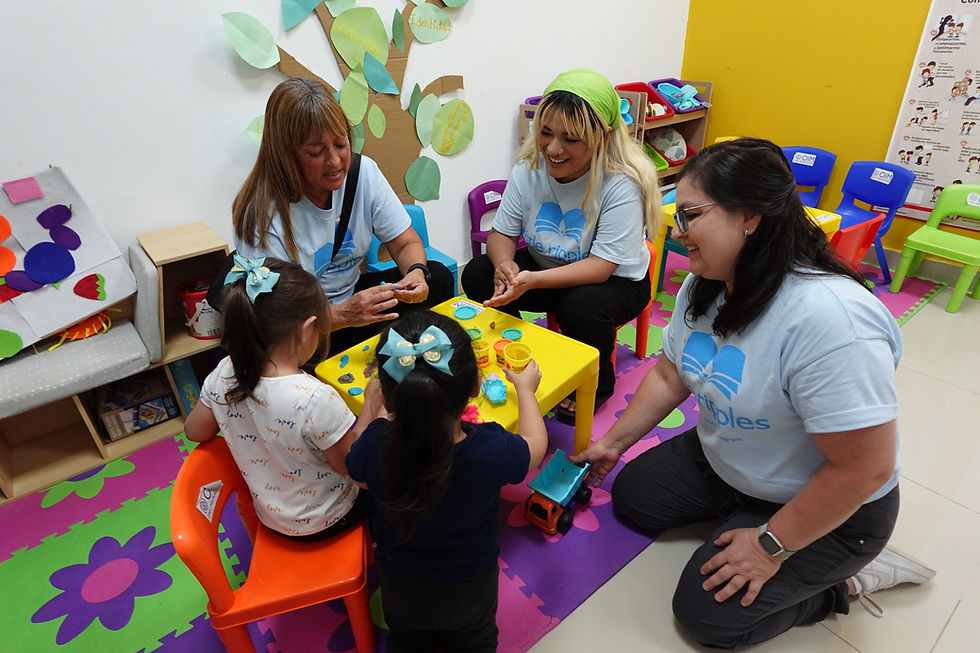Danielle’s hope for 2020 impact: A community of iACTivists
- Guest Post
- Dec 29, 2019
- 2 min read
Updated: Aug 8, 2022
On the weekend of November 9th, in partnership with InsightLA, we piloted iACTivist, A Mindful Humanitarian Pathway. Like all of our other programs it began with a framework, adaptable to fit the needs of the environment, or in this case, the audience. Our first audience included 19 key team members in the iACT community. We dove into topics such as Community-driven Process, Leadership and Facilitation, Systems Thinking, Trauma-Informed Approach to Humanitarian Action, Mindful Communication, Mindful Humanitarian, Implicit Biases Reduction, and finally, Dangerous Speech and the Path to Violence. One participant reflected, “It is all relevant…how we treat each other, how we look at issues, ways of offering real support and respect [to refugees], listening first, [and] bringing mindfulness to all aspects of life.” Indeed it is all relevant. Until we change the way people respond to and face humanitarian crises, they will continue to happen. This is why our work cannot be limited to survivors of mass atrocities. Breaking the cycle of violence that produces communities of refugees and displaced persons has to include working with the unaffected: the bystanders, upstanders, educators, humanitarian workers, professionals, and everyday people.
My goal for 2020 is to build a community of iACTivists. People who, not only feel a shared sense of responsibility and want to act, but who also share and continuously develop their own qualities of open-mindedness, curiosity, creativity, comfortability with uncertainty, and a practice of relational attunement.
Imagine bringing this type of experience to a group of young 18-to-22-year-old emerging leaders. Or to a group of humanitarian peers, who have been entrenched in the traditional top-down humanitarian model. Or even as a staff training to a large NGO on the ground in a conflict-affected country. How about to a group of influential philanthropists who are seeking to disrupt the current top-down, dependency-based humanitarian system? Can you see it?
There are many activists, humanitarians, and people in the world who care deeply about those forced to be on the move. We could, like many others have, continue to provide concrete trainings around developing skills or knowledge of a subject area, but we have come to realize that it is in the approach of the application of these skills and knowledge that makes iACT different. It is the aforementioned qualities of character that make iACT community members different and able to respond to humanitarian crises. iACTivist, A Mindful Humanitarian Pathway aims to impress this approach upon its participants and simultaneously cultivate these character qualities. iACTivist is an opportunity for systemic change, starting from within.


